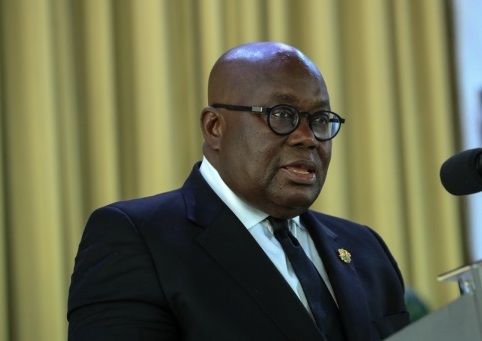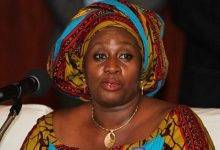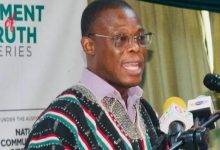
President Nana Addo Dankwa Akufo-Addo will, on Sunday October 30, address the nation on the economic challenges the nation is facing and the measures his administration is putting in place to address the situation.
He is expected to give an update on the ongoing discussion with the International Monetary Fund (IMF) on an economic recovery programme, and the measures the government is putting in place to address the rapid fall of the Ghana Cedi.
Already, the President has met with some key stakeholders at the Jubilee House in Accra to deliberate on the IMF programme and to seek their input and suggestions.
He has met the Ghana Association of Industries (AGI), the Bankers Association, Ghana Employers Association, forex bureau operators, Trade Union Congress (TUC) among others.
Yesterday, the President and top government officials began a three-day retreat to discuss measures to tackle the economic problems the nation is facing, the negotiations with the IMF, and the government’s 2023 budget and economic policy.
The cedi, since the beginning of this year, has witnessed a steep fall in value, depreciating against major currencies due to factors including investor reaction to the credit rating downgrade of Ghana’s economy, the non-rollover of maturing bonds by non-resident investors, high crude oil prices, loss of access to the external market for borrowing, and currency speculations.
The government, last year, prepared its 2022 budget on the premise of crude oil prices being sold on an average of US$64 per barrel. At that time, oil prices on the international market was selling at US$60 per barrel.
When the budget was presented in November last year, the economy was gradually recovering from the impact of the COVID-19 pandemic, with the last quarter of 2021 recording a GDP growth of 7 per cent.
Three months later in February 2022, there was a dramatic escalation in the prices of crude on the international market. From US$ 60 a barrel, crude oil prices shot up to US$110 and US$120.
This caused a major disruption on the government’s 2022 budget, with about 80-85 per cent increase in the value of crude oil imported into the country.
With Russia’s invasion of Ukraine, there has been persistent increase in the prices of crude oil, fertiliser, freight rates, and other commodities globally.
These developments took a hit on the government’s financing, forcing the government to seek the assistance of the IMF.
The goal of the IMF programme is to help the government return the country to macroeconomic stability, repair public financing, and strengthen its balance of payment.
Government hopes to conclude the negotiations with the fund before the presentation of the 2023 Budget Statement and Economic Policy by mid-November.
Ghanaians have experienced persistent increases in prices of goods and services, high cost of living, and a weakened currency at bizarre levels this year.
BY YAW KYEI






